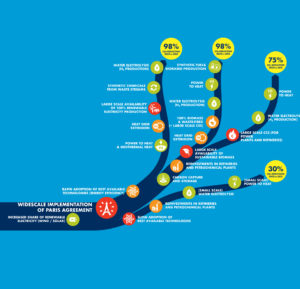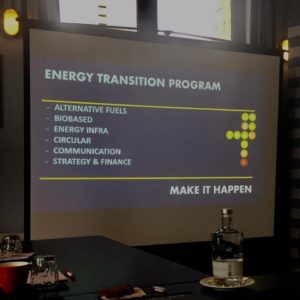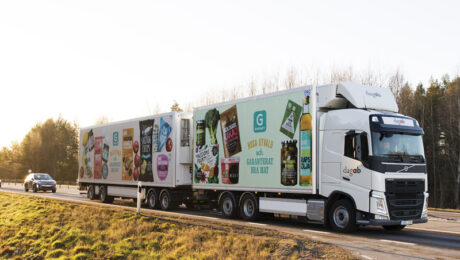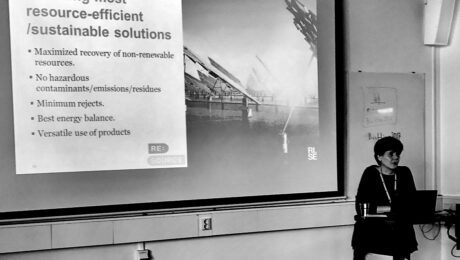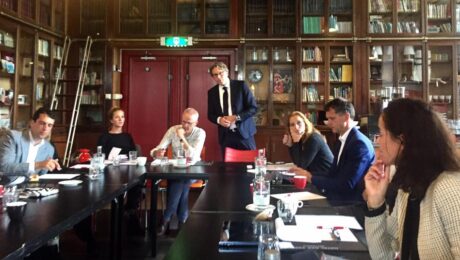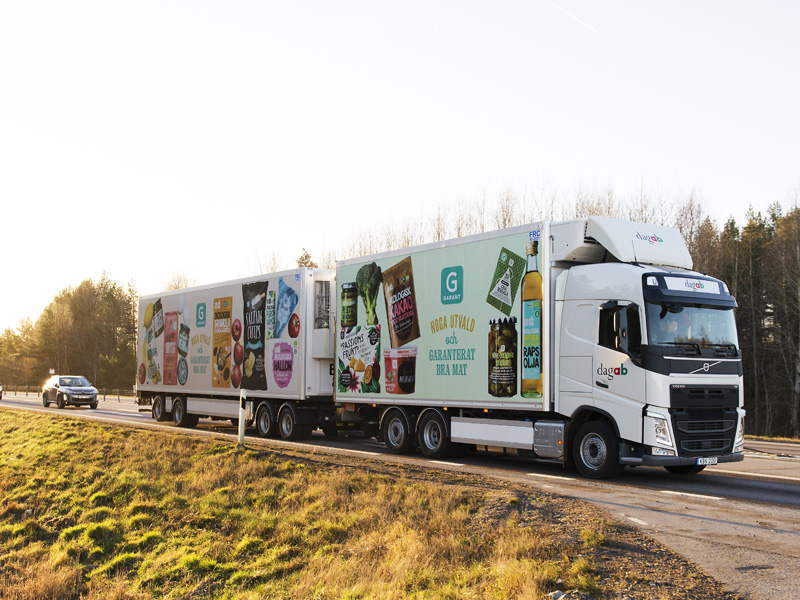
Lastbil
NEWS FROM – MARKET
Axfood in Sweden takes its climate responsibility and stops choosing to fuel their trucks with HVO.
Åsa Domeij Sustainability Manager / Axfood says;
Now we stop to refuel our trucks with HVO, it contains palm oil and large-scale production of the risks driving the deforestation of the rainforest. Instead, Axfood calls for actions that promote the production of sustainable biofuels.
SWESTEP welcomes this decision, and hopes that more companies in Sweden will follow and choose renewable fuels that will not affect the natural balance of nature’s fauna. We recommend to look at WTL (Waste To Liquid) or WTE (Waste To Energy) as an alternative. Organic waste, incl. plastics is the future green raw material to produce renewable fuels that is viable in the coming CO2 Neutral Economy.
Source MARKET – Read the full article (in Swedish) – click here
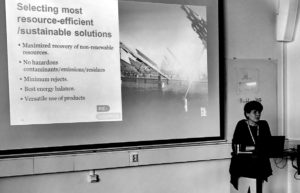
Interesting and fruitful workshop at KTH on feedstock recycling of polymers.
Molecular recycling (so-called feedstock recycling) offers an opportunity for converting different qualities of plastic material into chemical raw materials with properties similar to those obtained from virgin feedstock.
This is a key element for enabling circular flow of polymer materials since all polymers are subject to aging and cannot, consequently, be reused or material recycled endlessly.
The main objective of this project is to establish an effective mechanism that will support the development of best-tailored solutions enabling circulation of polymer materials and to find a model for this mechanism to function well in the future.
The topic of the day was;
- Finding viable technological solutions for different polymer products based on their structure and properties.
- What kind of instrument is needed to assist technology users in their decision making and for technology providers to find their customers?
- How can future platform/test bed serve both groups in the match-making in the best way?
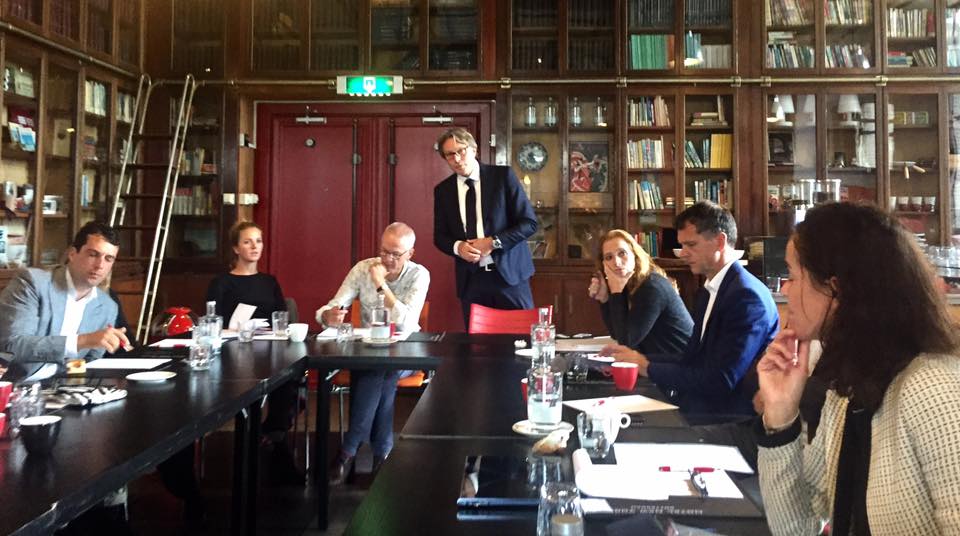
SWESTEP meeting with the management team of the Port of Rotterdam.
Invited by Clean Tech Delta and the city of Rotterdam, we were given the opportunity to introduce SWESTEP as an alternative for how the harbor can recycle all organic waste, including plastics, to renewable fuels, energy and oils which in turn can be refined to performance chemicals and other liquids for most fossil dependent industries.
It was gratifying to have the harbor’s confirmation that we share the same view regarding the future of renewable fuels, energy and the importance of adapting all activities to both the circular economy and the CO2 neutral economy.
On the agenda was also discussions on new and forthcoming legislation on;
- Waste handling and recycling
- Marine fuels and also other renewable fuels for aviation and land based transportations.
- Guidelines and restrictions for both incineration plants and landfills
All the three points are key issues that the harbor must take decisions on how to deal with and resolve.
Port of Rotterdam is Europe’s largest port, with the exception of the shipping traffic loading and unloading freights and liquid products, there are refineries and industries from most segments in the port area.
The Port of Rotterdam has set itself the goal of becoming fossil-free in 2050, and SWESTEP’s hopes are to be one of the companies that supplies the harbor with a solution to help them achieve this goal.
